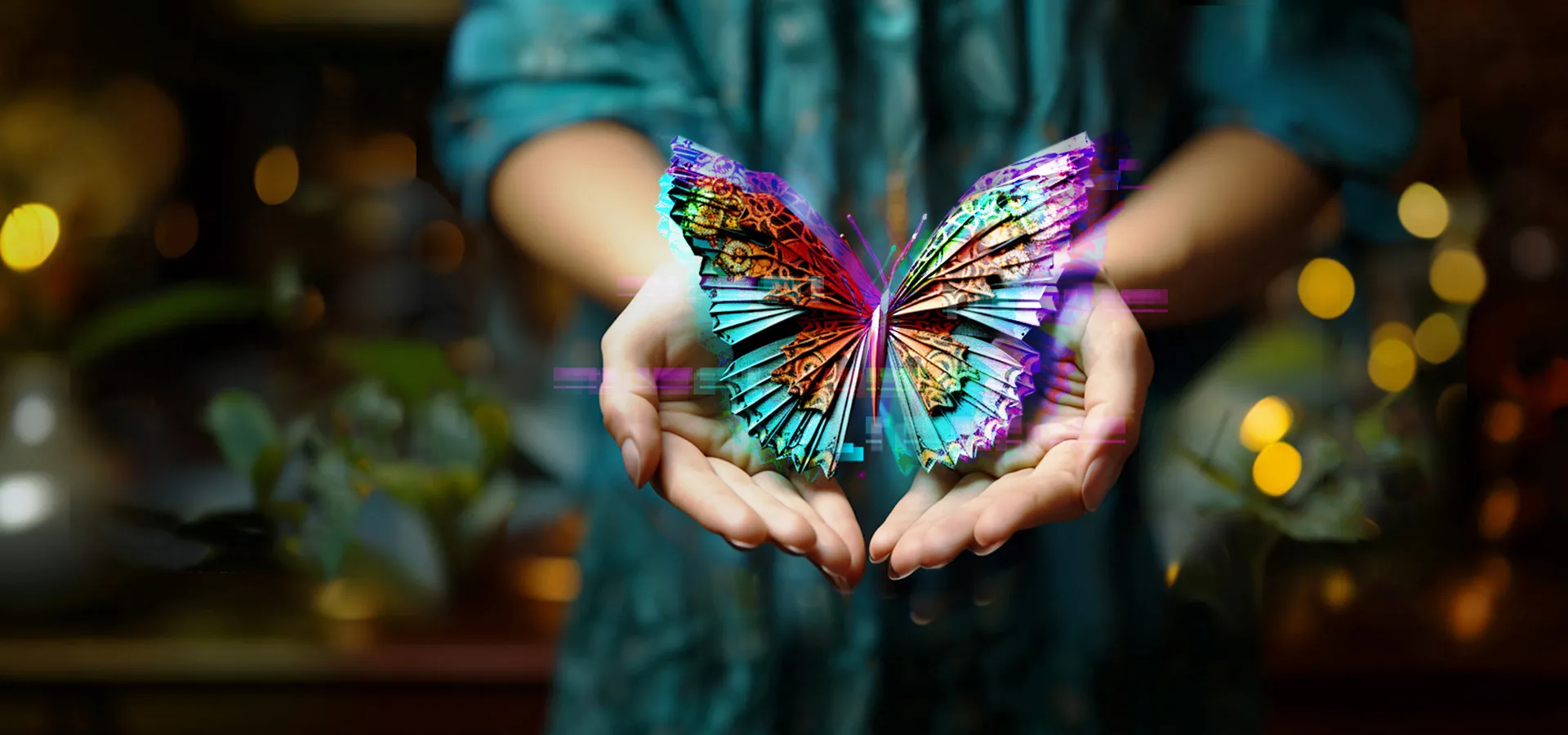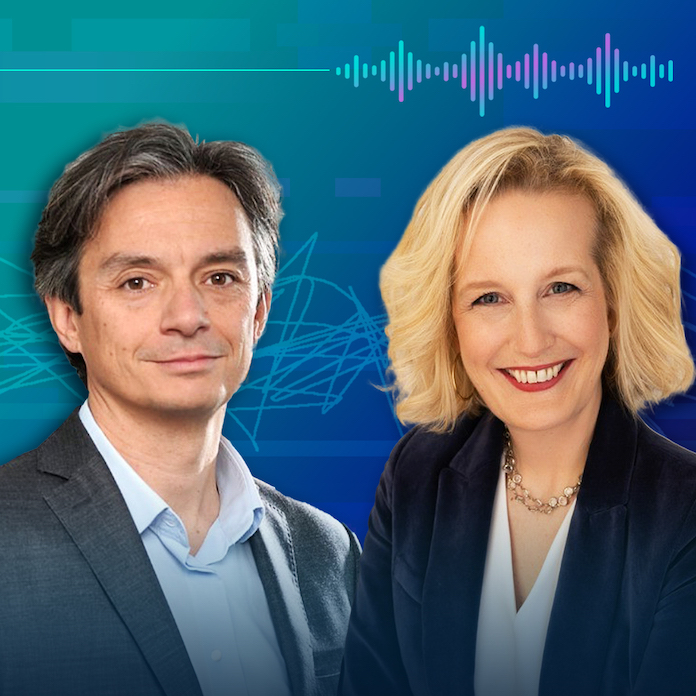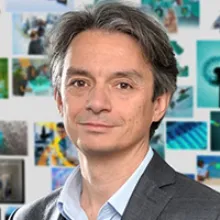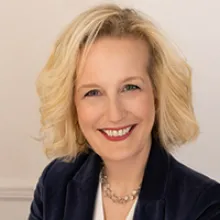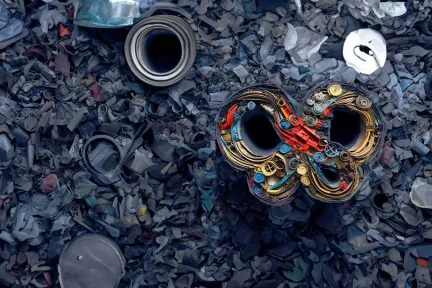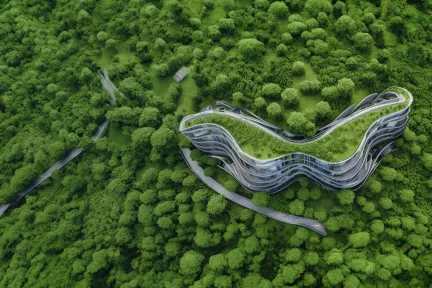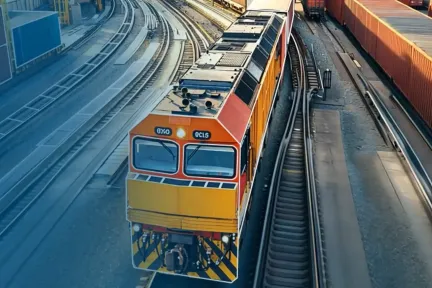#11: Are We Ready for a More Sustainable Future?
Making circular economy achievable, scalable and profitable.
#11: Are We Ready for a More Sustainable Future?
In the quest for a more sustainable future, our world is moving from a linear to a circular economy where materials, products and the enterprise must be redesigned. Tune in to this episode to find out why a complete metamorphosis is required in how we live, trade and consume.
To learn more about the circular economy, click here to get started.
Meet our speakers
Read the transcript
Narrator: Welcome back to Disruptors Unleashed, the series that explores the disruptive technologies shaping our world, and the trailblazers igniting change across industries. Previously, we took a closer look at the circular value network, and how it can drive profitability for manufacturers.
In this episode, Pascal Daloz and Philippine de T’Serclaes from Dassault Systèmes outline the radical changes we must all make in the way we live, trade and consume to have a more sustainable future.
Philippine: Hello, Pascal.
Pascal: Hello, Philippine.
Philippine: So today, as the world is trying to accelerate toward a sustainable economy, away from the linear toward a circular economy, it's clear that we need a metamorphosis in the way we trade, use products and live. Dassault Systèmes serves over 300,000 customers, 25 million people worldwide. And we are present everywhere, from shampoo bottles to vaccines to satellites. And in our experience, our customers see sustainability as both an opportunity and a challenge.
